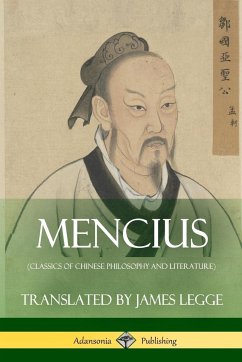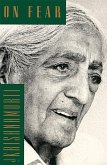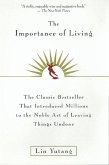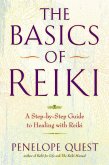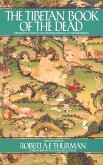The book of wisdom by Mencius, a philosopher and sage of Ancient China, is presented here complete in an authoritative English translation. Written during and shortly after the Warring States period of Chinese antiquity, the book of Mencius is a selection of conversational dialogues between the philosopher and his various disciples. Together they discuss all manner of topics, from living a happy and virtuous life to the principles of raising a family and educating the young. Breaking with Confucius himself, who venerated rulers and strong governance, Mencius argues for the right of common people to overthrow a repressive or brutal regime. The book is rich with analogy, examining the actions of the ancient kings and dukes of China in order to draw comparisons and enhance the lessons offered. In life, Mencius was a prominent figure who traveled and lectured widely, serving variously as an educator, official and scholar in the realms of ancient China.
Hinweis: Dieser Artikel kann nur an eine deutsche Lieferadresse ausgeliefert werden.
Hinweis: Dieser Artikel kann nur an eine deutsche Lieferadresse ausgeliefert werden.

